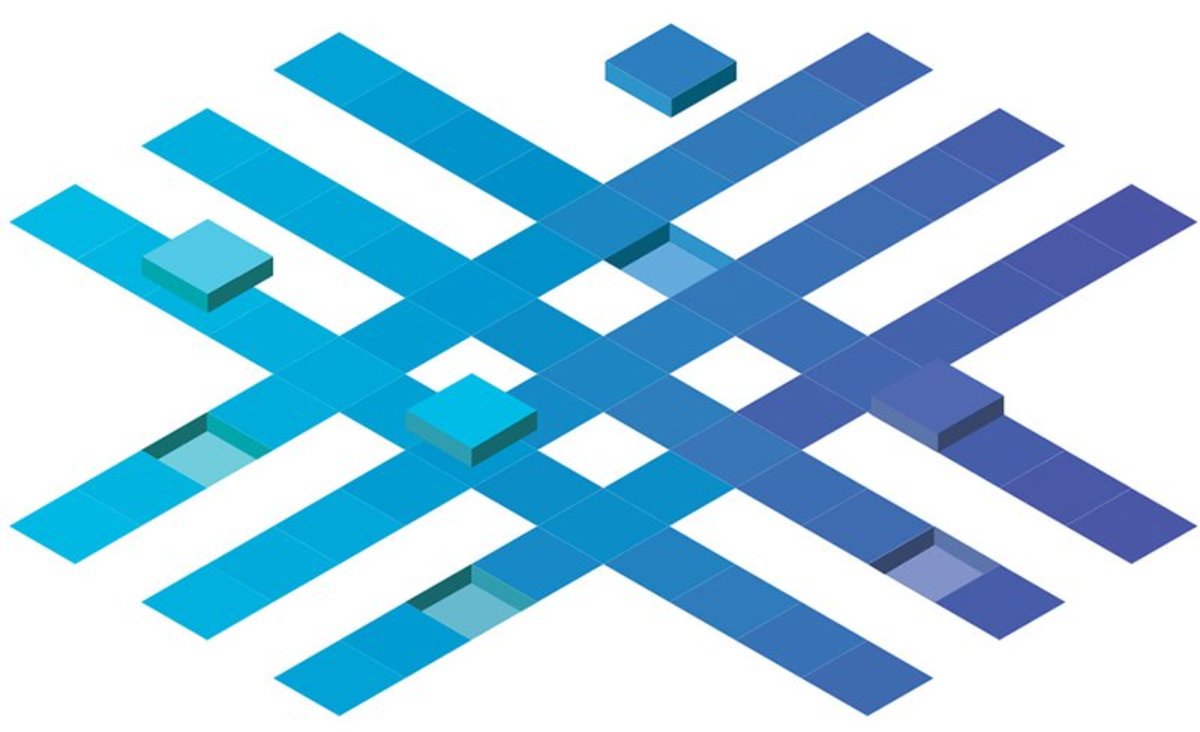
Bitcoin payment processor Bitnet has indicated it is willing to implement block-increase proposals other than BIP (Bitcoin Improvement Proposal) 101. This makes Bitnet the third signatory of the industry letter supporting BIP 101 that indicates that it is open to alternative proposals.
Bitnet co-founder and CTO Stephen McNamara told
Bitcoin Magazine
that he is still convinced that the block-size limit must be increased sooner rather than later. While the industry letter sent out in August of this year expressed support for BIP 101, which increases the block-size limit to 8 megabytes and doubles every other year for 20 years, it now seems that there is room for discussion.
“First and foremost our interest was, and still is, in support of an increase of the block size,” McNamara said. “The community conversations, when they started this spring, were not about different proposals; they were binary – yes/no – about whether a block-size increase was a good thing or not. We are happy to see the discussion shifted from 'if' to 'how.' This is not about a BIP 101 religion, but rather a technical discussion and collaborative constructive review process which can lead to an agreement.”
What did not change for McNamara is the sense of urgency as expressed in the letter. While Bitnet does hope that a block-size consensus can be reached within the Bitcoin community, the company believes time is starting to run out.
“We can certainly debate how long it may take to fully congest the network, but the fact is we can already see signs of it through unconfirmed transaction spikes, spam and stress tests,” McNamara explained. “This can cause confirmation delays impacting our merchants and higher fees impacting consumers. The issue is urgent.
“We have tested BIP 101 internally and are ready for BIP 101 today,” he added. “We do believe in Bitcoin Core and welcome the increased efforts to discuss the issue of block size in the past couple of months. We still hope the block increase can be fully vetted by the core committers and the community.”
Discussing some of the proposed alternatives, McNamara indicated that Bitnet has no specific preference for alternative block-size proposals. BIP 100, which lets miners vote on the block-size limit, as well as the “quick fix” 2-4-8 solution that would increase the limit to 8MB over four years’ time, are both acceptable alternatives for Bitnet.
“Most miners do now support BIP 100 through mining votes. We are open to BIP 100,” McNamara explained, “and we have no objection to 2-4-8 either. We’re really just trying for a practical solution.”
Lastly, McNamara acknowledged he is aware of the risks of oversized blocks, as emphasized by the “decentralist” side of the block-size debate.
“We are fully aware of these concerns. To be clear, we do not support a hundred-fold increase of the block size or anything like that – and we never have,” McNamara said. “Any Bitcoin use case that needs this type of volume should consider sidechains or other approaches, at least for the short and medium term. The Bitcoin network needs to grow to be useful, but that growth needs to be well-thought-out.”
Earlier this week, Bitcoin's biggest payment processor, BitPay, indicated that it is willing to implement alternative block-increase proposals, too, while mining specialist KnCMiner shifted its public support from BIP 101 to BIP 100 last summer. With Bitnet, this means that three of the signatories of the industry letter in support of BIP 101 have now publicly indicated they are prepared to accept alternative solutions.










